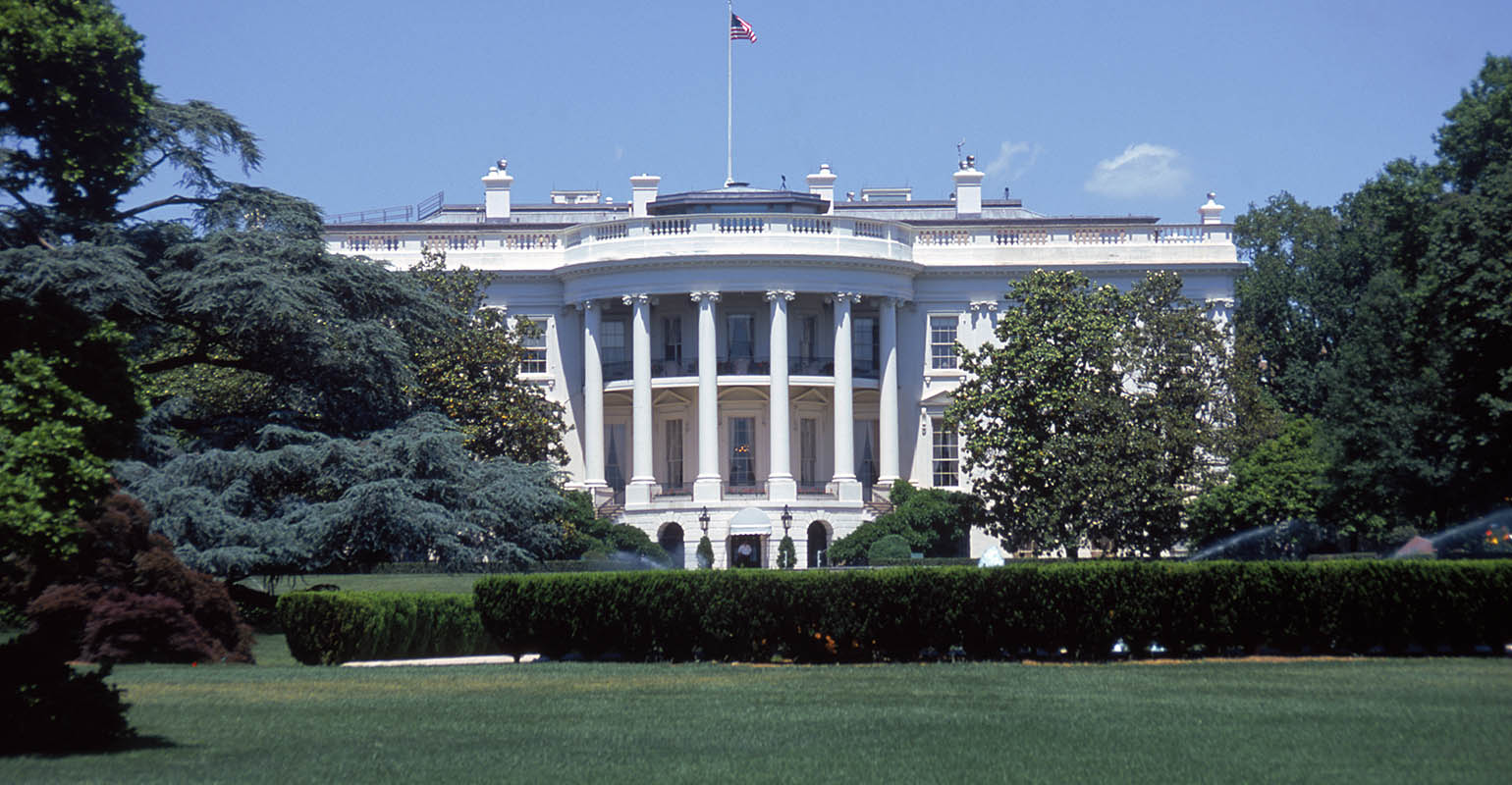If clients worry that the country could face a repeat of the tension after the 2020 election, Kris Maksimovich, president of Dallas-based Global Wealth Advisors, asks them to think back to that time and what markets did in response.
According to Maksimovich, these clients are surprised when he reminds them that the S&P 500 rose 14.33% between Election Day and Joe Biden's inauguration, despite the chaos. The S&P 500 rose 2.5% from 1/5/21 to 1/7/21, the day before and after the storming of the US Capitol.
“Ultimately, they conclude that relating noise to market performance is more often than not a bad idea,” he said.
Maksimovich's advice mirrors that offered to clients by several advisors who responded WealthManagement.com investigations.
As the country awaits the final results of the 2024 presidential election between former President Donald Trump and Vice President Kamala Harris, many are worried that the coming weeks will feature protracted court battles and even the possibility of political unrest or violence.
Despite those fears, Raul Elizande, president of Sarasota, Fla.-based firm Path Financial, echoed Maksimovich's plea to remember the markets' stability despite past turmoil.
During President Barack Obama's two terms, the S&P 500 gained about 170% (not including dividends), and under Trump and Biden, the index rose about 60% each. Political divisions ran deep under all those administrations, he noted.
“The moral is that political investment is fraught with risk, often leading investors down the wrong path,” he said. “This is especially the case now, because the divisions are mostly driven by cultural rather than economic issues, clouding the investment outlook.”
Alan Rosenfield, managing director at Harmony Asset Management in Scottsdale, Ariz., said his firm created a video for clients showing the market's long-term performance. The video then highlights the points at which the presidential election occurred to show the small impact it had on the S&P index. He warned against making decisions based on elections or their consequences.
“Now, if you turn it around and then say, OK, if so-and-so gets elected, or the other person gets elected, what are the long-term trends, or what do we think will affect those long-term trends?” he said. “Now, that's a valid discussion.”
However, Rosenfield cautioned that he was not advising clients to focus on that now, as it would take time for a future administration to enact any policies.
Mitchell Freedman, CEO of California-based MFAC Financial Advisors, echoed the warning against trying to do a “Trump Trade” or “Harris Trade,” saying it was no different (or more successful) than trying to determine market timing.
“In addition to a good chance of doing the wrong thing, there can be significant trading and tax costs that result from overreacting to what is likely just a bump in the road for the long-term investor,” he said.
According to Charles E. Helme, a managing director at Miami-based BH Asset Management, the poll showing a razor-thin race made extreme market results in either direction unlikely, as traders considered the possibility that both candidates to win. He echoed Franklin D. Roosevelt's famous line telling clients that they had “nothing to fear but to fear themselves.”
“We've made it through several wars, a slew of market crashes, high inflation and rising interest rates, several assassination attempts, three bad recessions, the Great Financial Recession, the global pandemic and the last controversial election,” he said. “We can certainly do well in an environment of strong GDP growth, low interest rates and inflation, and strong employment and wage growth.”
Noah Damsky, director of Los Angeles-based Marina Wealth Advisors, said it's reasonable for clients to feel anxious about the election if they're worried about political unrest or violence. But he echoed that these concerns are driven by emotion rather than history.
Although a moment like this may seem fraught, the result is “usually much less eventful” than the worst-case scenario people might think of. Damsky felt the same was true now, noting that despite the events between the 2020 election and Biden's inauguration, there was eventually a smooth transfer of power.
“Politics is full of big peacock mouths and this election cycle is no different,” he said.

